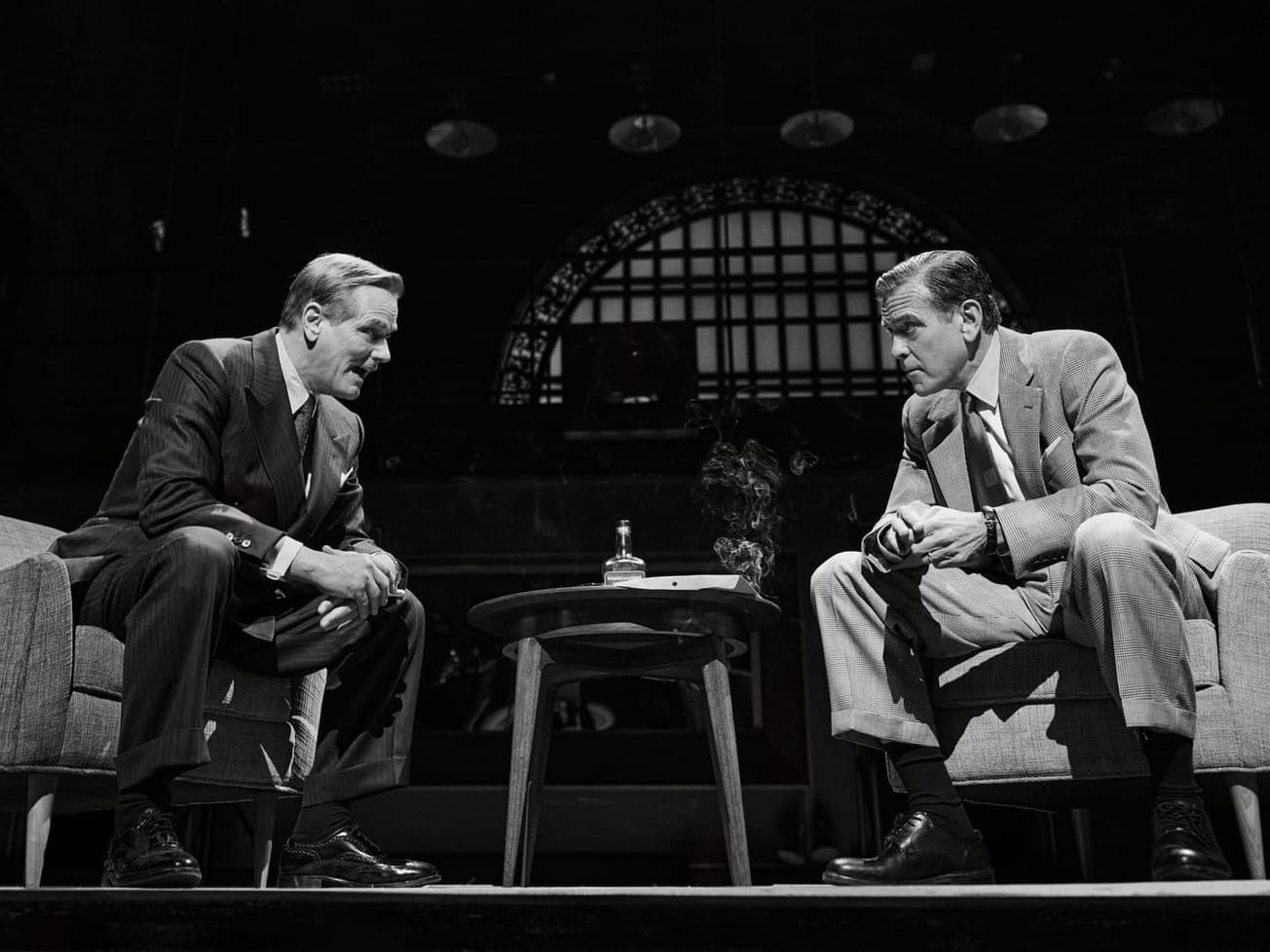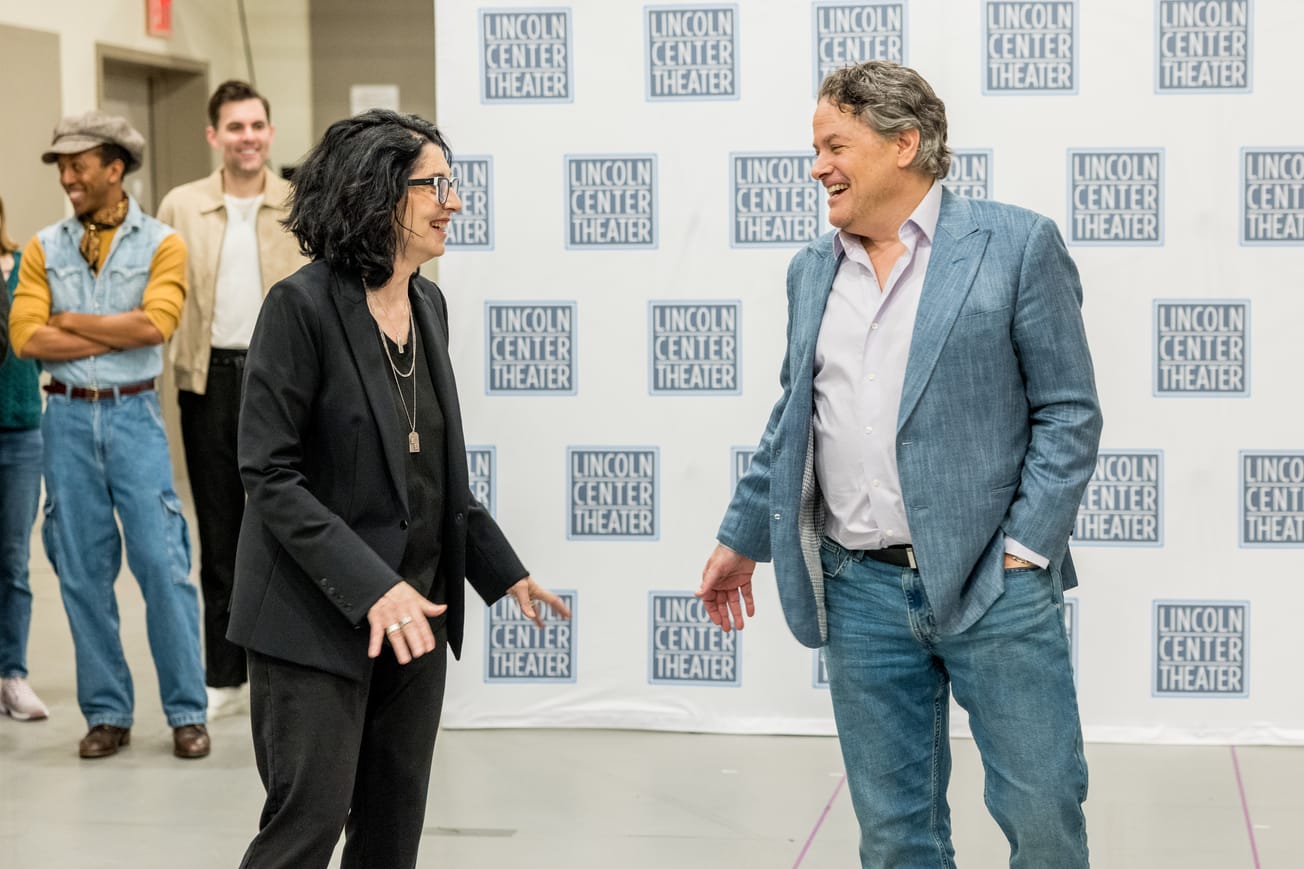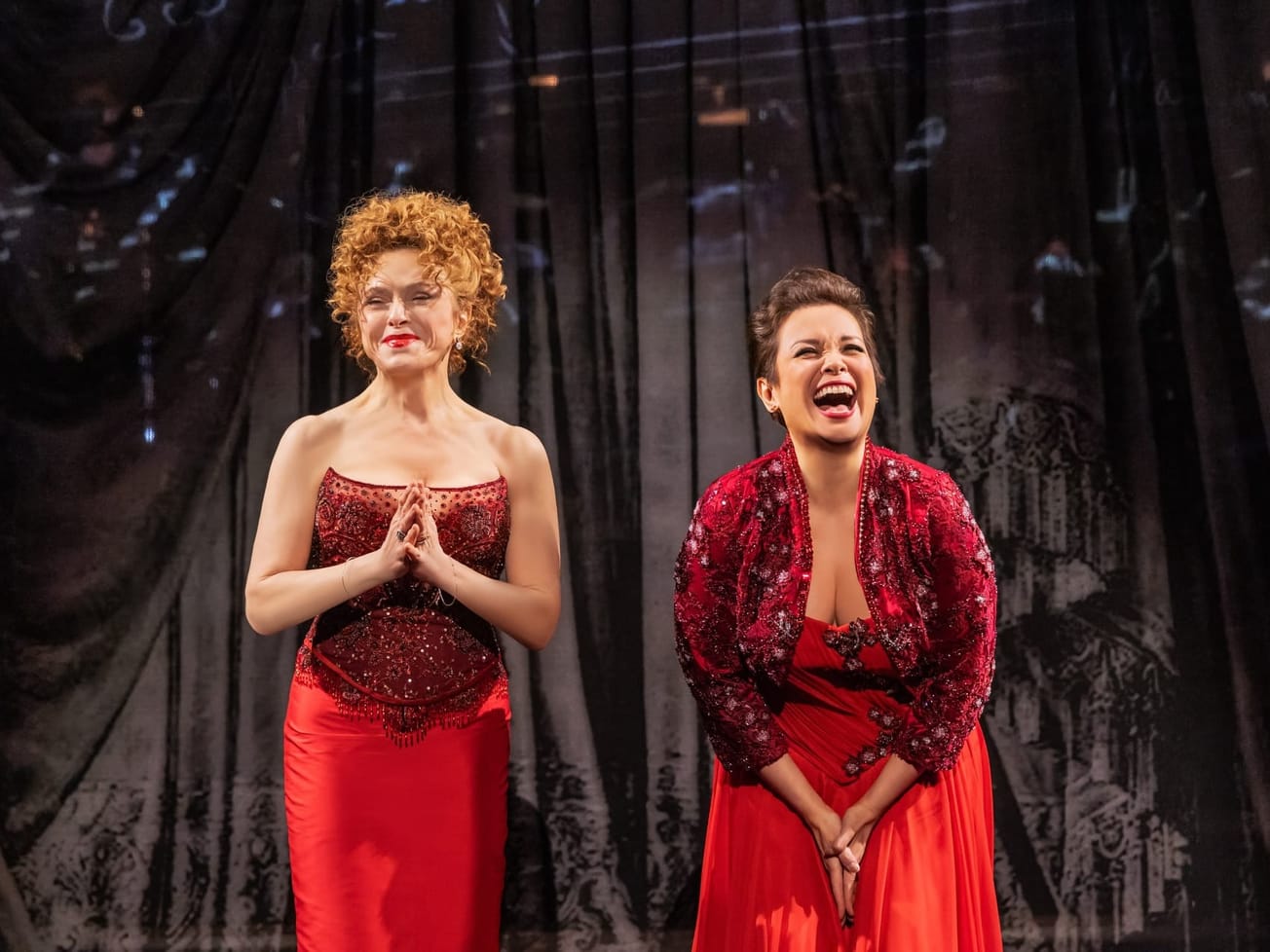On Dec. 10, Actors’ Equity Association sent notice to its full membership of 51,000 actors and stage managers nationwide encouraging them to appeal to their representatives to pass the Performing Artist Tax Parity Act (PATPA).
The bill, if passed, would allow more performing artists to deduct essential work expenses from their taxes by updating what’s called the Qualified Performing Artist (QPA) deduction. As it currently stands, the QPA allows eligible entertainment workers to take an “above-the-line” deduction for specific unreimbursed expenses. (Above-the-line deductions are those subtracted from overall gross income to calculate an individual’s adjusted gross income — meaning individuals do not get taxed on such expenses.) But, the Tax Cuts and Jobs Act of 2017 eliminated the ability to claim miscellaneous itemized deductions.
The current QPA stipulates that those with an adjusted gross income of $16,000 (before these specific deductions) are eligible — an amount that has been unchanged since the QPA was first implemented in 1986. PATPA would increase this threshold to $100,000 for single taxpayers and $200,000 for joint filers, rendering many more entertainment workers eligible for the deduction.
Experts estimate that entertainment professionals spend between 20 and 30 percent of their income on work expenses — from agent and manager fees to headshots, equipment and professional development.
Representatives Judy Chu (D-CA) and Vern Buchanan (R-FL) first introduced the bipartisan bill in July 2021. On Dec. 6, 2022, entertainment-worker unions affiliated with the Department for Professional Employees — a coalition of 24 unions within the state’s American Federation of Labor and Congress of Industrial Organizations (AFL-CIO) division — sent a letter to Congress urging them to pass PATPA. The hope is that the current 117th Congress will approve the bill in its final weeks.
The legislation has support from other unions such as SAG-AFTRA (the screen actors’ guild), IATSE (the stage employees alliance), AFM (the musicians’ federation) as well as organizations like Americans for the Arts and the Theatre Communications Group.
In a statement, Equity President Kate Shindle said, “Our industry has taken a double hit: Obviously, COVID shut down live performance for many months, and it is still recovering. We’ve also lost our ability to deduct business expenses, which has caused our taxes to skyrocket. Unlike most sectors, seeking employment in the arts typically requires significant upfront and ongoing costs. Together, employers, unions and members of both parties have called for action. There is no better time for Congress to pass the Performing Artist Tax Parity Act and stabilize the arts economy and arts workers for years to come.”
A Dec. 10 letter to membership stated, “Equity leadership and staff have held dozens of meetings with supporters and Congressional staff and we have nearly 90 cosponsors in the House and 15 in the Senate … Our ask is simple: We want PATPA to be included in any end-of-year tax legislation that moves in Congress.”
The union provided a link to assist members in contacting their representatives.


























































